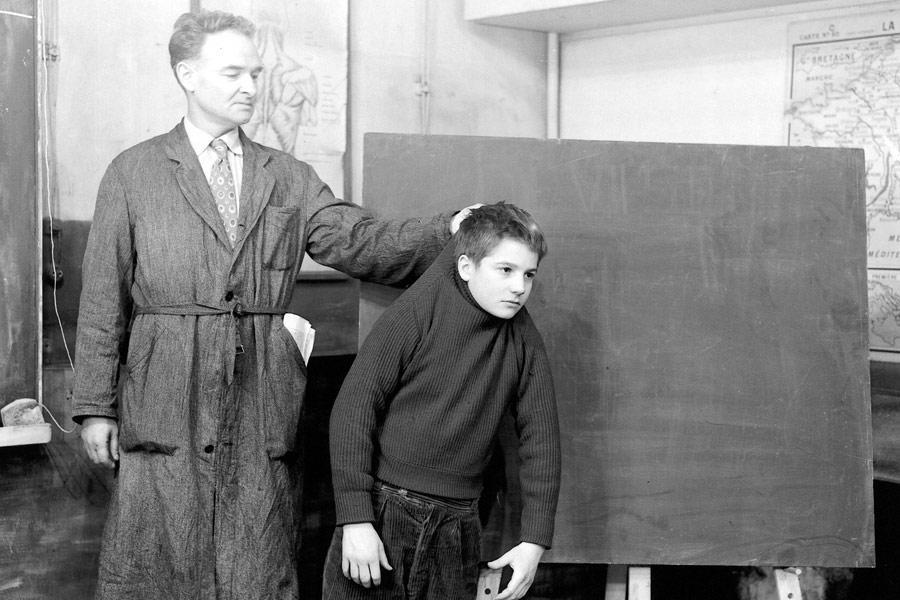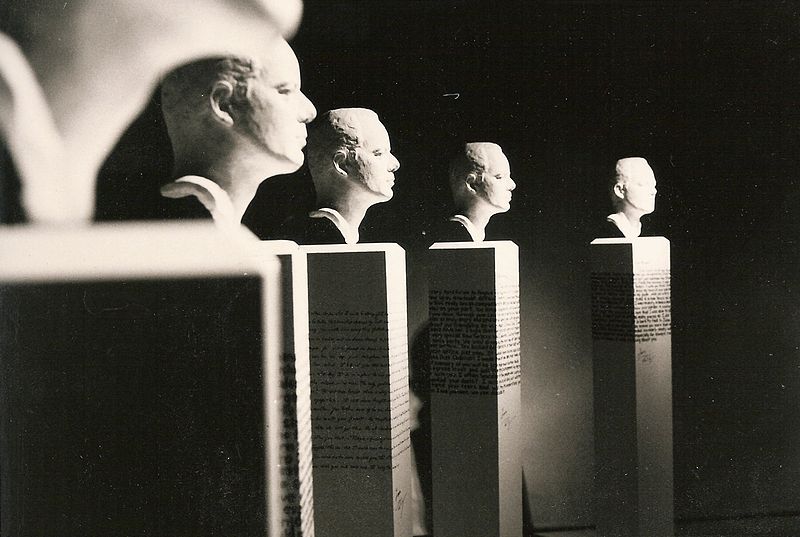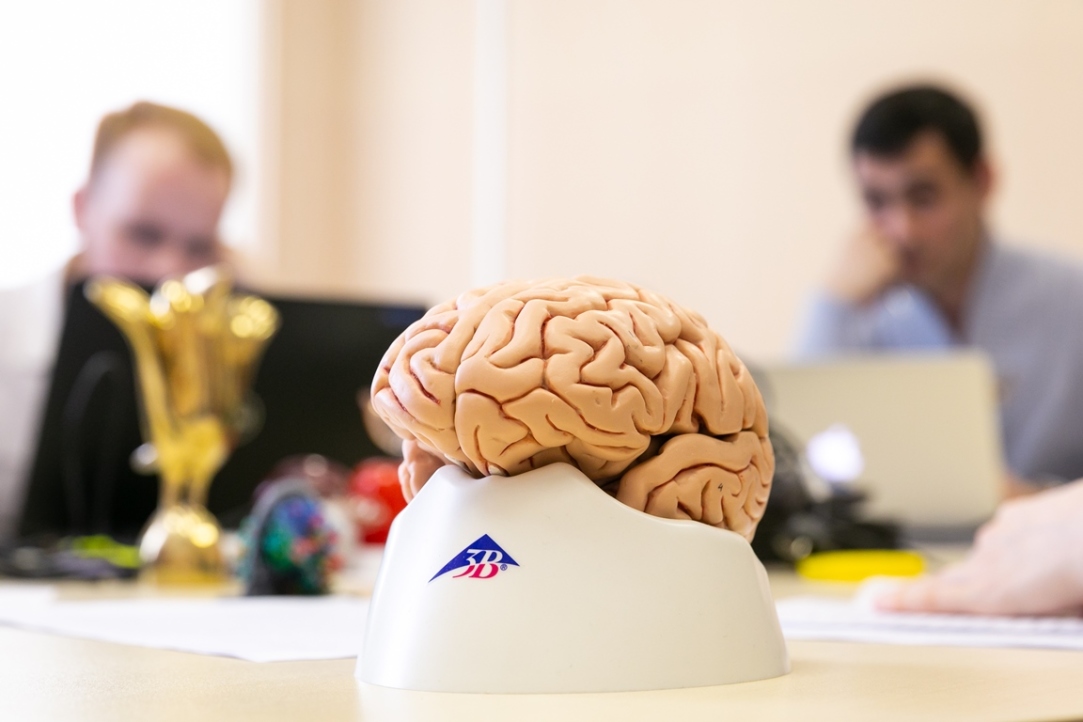
Emotions from Touch: What Textures Bring Happiness, and What Cause Anger
Touching different types of surfaces may incur certain emotions. This was the conclusion made by psychologists in a recent empirical study. Previously, emotional perception was generally studied in relation to visual and audial modalities.

People Are Healthier Now: The Way the Russian Population Feels
Russians have been estimating their general health as better over recent years, and life expectancy has been growing. Meanwhile, Russia is still falling behind EU countries according to this indicator. Alexander Ramonov, researcher from the HSE Institute of Demography, studied the reasons for this.

Fighting Academic Failures: How to Prevent Underachievement at School
Children from undereducated, low-income families face a greater risk of poor academic performance. But schools are capable of decreasing these risks. Experts from the Center of Social and Economic School Development at the HSE Institute of Education have studiedinternational experience in addressing these challenges.

General Assembly of International Academy of Education Meets at HSE Moscow
On May 23-24, following the Days of the International Academy of Education held earlier this week, the General Assembly of the International Academy of Education took place at HSE University Moscow. The assembly brings together education researchers and experts from all over the world, and this is the first time that the biannual meeting was held in Russia. Over the course of two days, members discussed joint projects and publications and met newly inducted members who had the opportunity to introduce themselves and present their research. Members also took part in small group discussions on a variety of topics, including digital literacy and math education.

Russian Scientists Discover One of the Mechanisms of Water Formation on the Moon
The results of recent study conducted by the NASA Lunar Reconnaissance Orbiter, the agency’s automatic interplanetary station, show the existence of a ‘permafrost’ near the poles of the Moon with a relatively high content of water ice (up to 5% by weight). It is believed that water ice could supply a life support system for the future Russian Lunar Station and that it could also produce hydrogen-oxygen fuel for flights into deep space.
.png)
Russia’s Middle Class: Who Are Its Members and How Do They Spend Their Money?
The HSE Centre for Studies of Income and Living Standards studied the dynamics of the middle class and its behaviour with regard to paid services. The study was based on data drawn from the HSE Russian Longitudinal Monitoring Survey (RLMS-HSE) for the years 2000 to 2017, and the results were presented at the 20th April International Academic Conference hosted by HSE.
International Education Experts Gather in Moscow
On May 20, the Days of the International Academy of Education commenced at the Higher School of Economics in Moscow. Experts from all over the world engaged in identifying global education policy trends will hold a series of meetings, master classes, seminars and open lectures. They will share their experience with Russian researchers, instructors and education policy makers over the course of three days.

Mapping HIV: The Russian Cities that Suffer from the Highest HIV Mortality Rates
In Russia today, HIV infection rates have stabilized, but mortality rates in a number of Russian regions have increased. Most affected by the disease are cities in the Middle Volga region, the Urals, Western Siberia and the Baikal region. In these areas, the number of HIV deaths exceeds the national average, and the disease is gradually spreading from the cities to more rural areas, according to HSE demographers Aleksei Shchur and Sergey Timonin at the XX April International Research Conference.

We Demand It! Make it Happen. Help! Examining Population and Power through the Lens of Online Petitions
Over 40% of online petitions started by residents of central Russia get results. In the Far East, this is the case with only 2% of online petitions, while in the regions of the North Caucasus it is even less. Nadezhda Radina and Daria Krupnaya studied the willingness of authorities and businesses to respond to citizens’ digital activism based on data from the Change.org platform. Their research will appear in a forthcoming article in an upcoming issue of the journal, POLIS. Political Studies.

HSE Tops Expert Analytical Centre Rankings in 7 Subject Areas
HSE University has appeared in 10 subject areas and six subject categories of the Expert Analytical Centre ranking of university research productivity. Moreover, HSE ranked 1st in five areas and two sections.

